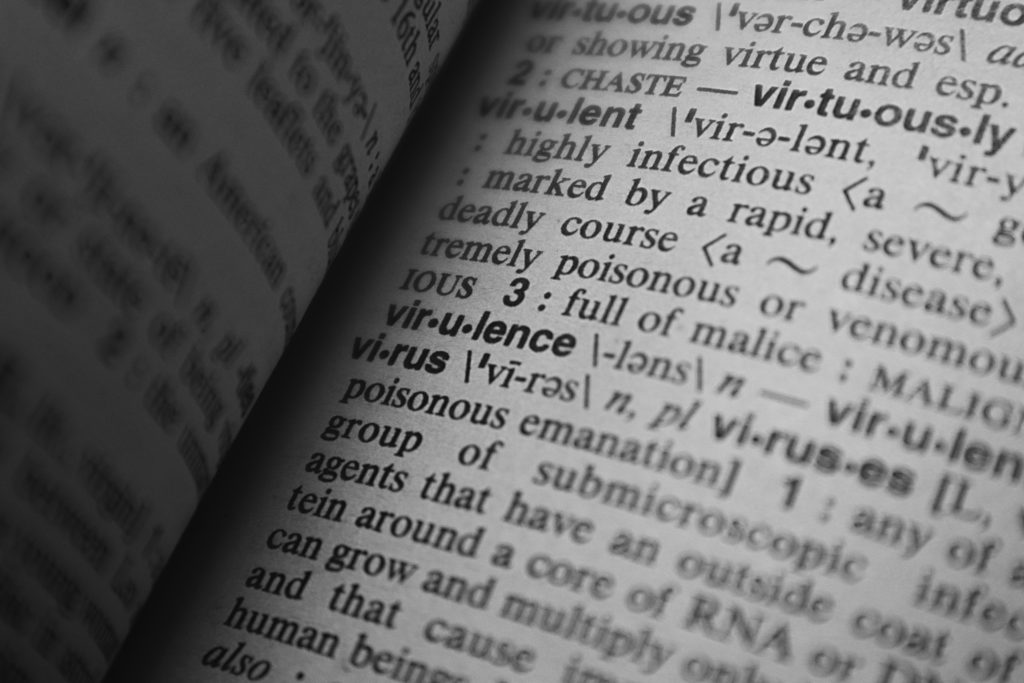Swearing or using profanity in modern language refers to using words or phrases that are considered vulgar, obscene, or offensive. The use of swear words varies across cultures and languages and what may be considered offensive in one culture might not be in another.
Swearing can serve several purposes, such as expressing strong emotions, adding emphasis to a point, or as a form of social bonding among peers who share the same language and cultural background. However, it is important to be mindful of the context and the people around you when using swear words, as they can be seen as disrespectful or inappropriate in certain settings, such as in the workplace, in polite company, or around children.
It’s also worth noting that the use of hate speech, slurs, and other forms of discriminatory language are not only considered offensive, but also illegal in many countries.
The use of swearing on television is a controversial issue and opinions on the matter vary. Some people argue that the increasing use of profanity on television reflects a coarsening of society and may be having a negative impact on public discourse. They believe that excessive use of swearing on television can desensitize viewers to offensive language, and that it is particularly concerning for children and young people who may not understand the context or implications of the words being used.
On the other hand, others argue that swearing is a natural part of human language and that it has a legitimate place in artistic expression and storytelling. They believe that censorship of swearing on television can stifle creativity and limit the ability of writers and producers to realistically depict the world and the people in it.
In the end, the use of swearing on television is a matter of personal preference and cultural norms, and different countries and broadcast networks have different policies on the matter. It’s up to individuals to decide what they are comfortable watching and to make informed choices about the media they consume.

